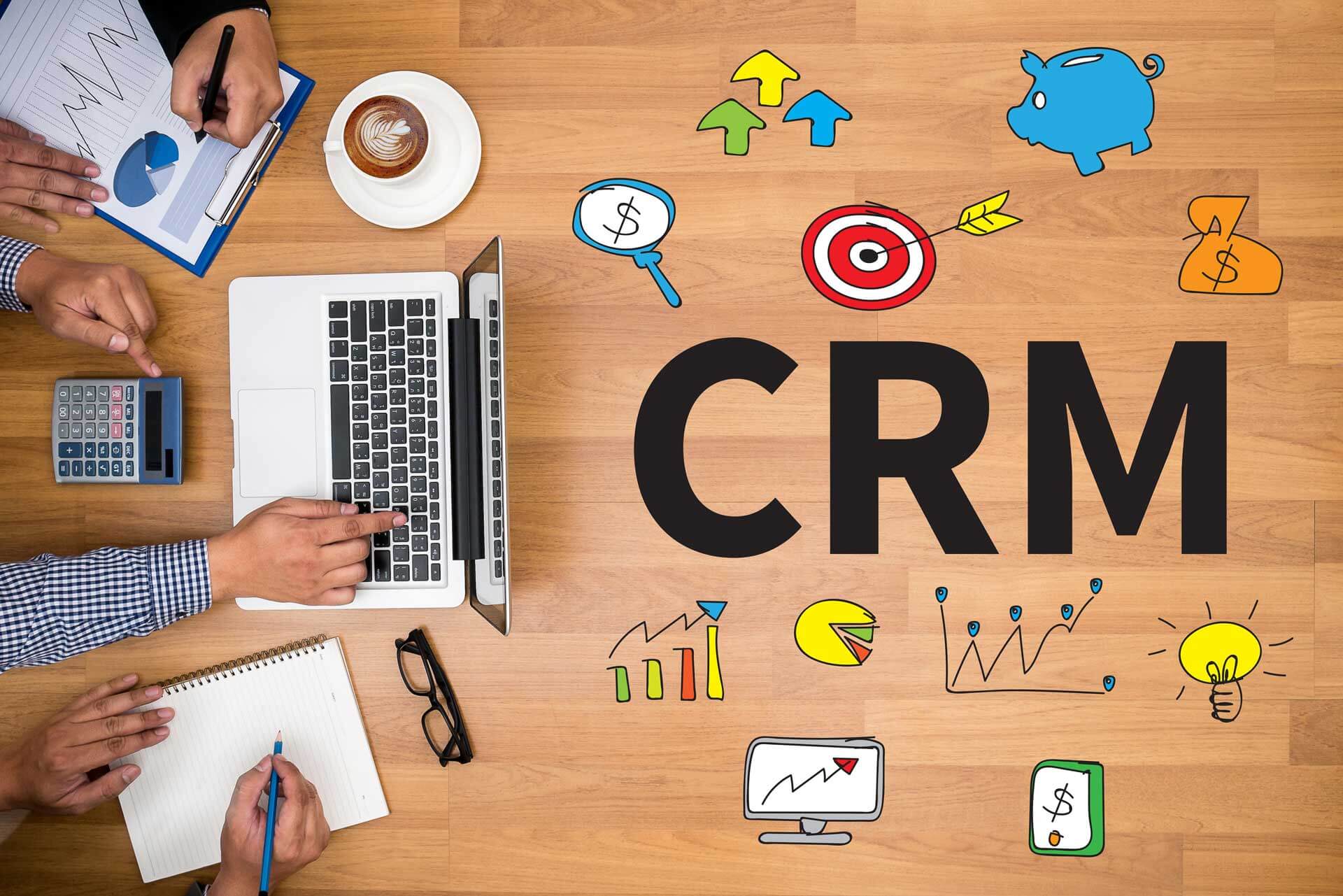Blog
CRM in Hospitality Management

CRM
CRM stands for Customer Relationship Management.
It’s a company-wide business strategy designed to improve revenues and profitability, reduce costs and increase customer loyalty.
The CRM philosophy is simple:
Put the customer first.
When your business looks at every transaction through the eyes of the customer, you can’t help but deliver a better customer experience, which in turn increases loyalty to your company.
For example;
- 86% of customers are willing to pay more for a better customer experience
- Customer-centric companies are 60% more profitable than those that aren’t
- 1 in 3 customers will leave a brand they love after just one negative experience
A CRM software brings together all information from different departments throughout the company to give one, holistic view of each customer in real-time.
This allows customer-facing employees in areas such as sales, marketing, and customer support to make quick and informed decisions on everything from up-selling and cross-selling, to improving the quality of customer communication and responsiveness, to coordinating the management of sales and marketing campaigns.

When implemented successfully, CRM gives companies not only insight into the opportunities to grow business with each customer but a way of measuring their value.
Customer Relationship Management In Hospitality Sector
CRM is a powerful management tool that can be used to exploit sales potential and maximize the value of the customer to the hospitality industry. In the long term, CRM produces continuous scrutiny of the hospitality business with the customer, thereby increasing the value of the customer’s business. Hospitality sector’s greatest assets are their knowledge of their customers. They can use this asset and turn it into a key competitive advantage by retaining those customers who represent the highest lifetime value and profitability. They can develop customer relationships across a broad spectrum of touchpoints such as their franchise branches. Simply implementing a solution intended to achieve organizational goals is not enough to achieve CRM success. The process should ensure that these goals are achieved. More importantly, CRM optimization should be encouraged through the right practices, optimization of resources and the ability to adapt to change. Objectives need to be identified and CRM goals need to be fixed before embarking on a CRM project. Business processes need to be integrated with a CRM solution before actual implementation. The chosen solution should fit organizational objectives to the hilt.
But to be successful, the hospitality sector needs a comprehensive CRM strategy in which all departments within the hospitality sector integrates. Customers are the backbone of any kind of business activity, maintaining the relationship with them yields better results. By capturing, tracking and analyzing customer service data, CRM enables a firm to identify new performance issues. Customer data will help a firm in identifying new product development opportunities, provide personalized services to the customer based on their behavior and responses.
Benefits of using CRM in Hospitality Industry
CRM has some obvious benefits for the hotel industry, but these are not especially different than they are for any other industry. The principal benefits that come to mind are fairly obvious –
- Increased customer satisfaction and retention, increased repeat business,
- Increased share of category spend,
- Increased likelihood of referral business.
These results come from a strategy of strengthening customer relationships by constantly providing customer value leading to satisfaction.
Business benefits of CRM
Implementing a customer relationship management (CRM) solution might involve considerable time and expense. However, there are many potential benefits. A major benefit can be the development of better relations with your existing customers, which can lead to:
• increased sales through better timing by anticipating needs based on historic trends
• identifying needs more effectively by understanding specific customer requirements
• cross-selling of other products by highlighting and suggesting alternatives or enhancements
• identifying which of your customers are profitable and which are not This can lead to better marketing of your products or services by focusing on:
• effective targeted marketing communications aimed specifically at customer needs
• a more personal approach and the development of new or improved products and services in order to win more business in the future
• enhanced customer satisfaction and retention, ensuring that your good reputation in the marketplace continues to grow
• increased value from your existing customers and reduced costs associated with nsupporting and servicing them, increasing your overall efficiency and reducing total costn of sales
• improved profitability by focusing on the most profitable customers and dealing with the unprofitable in more cost effective ways